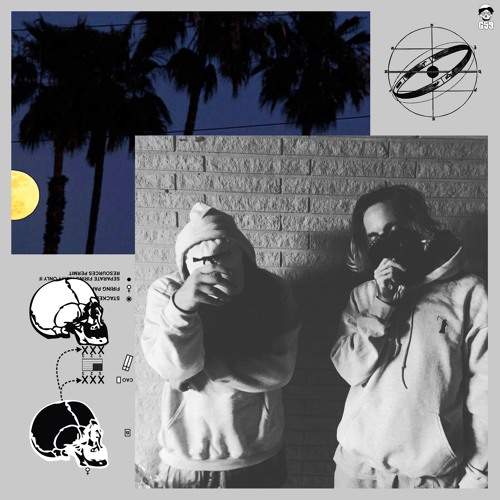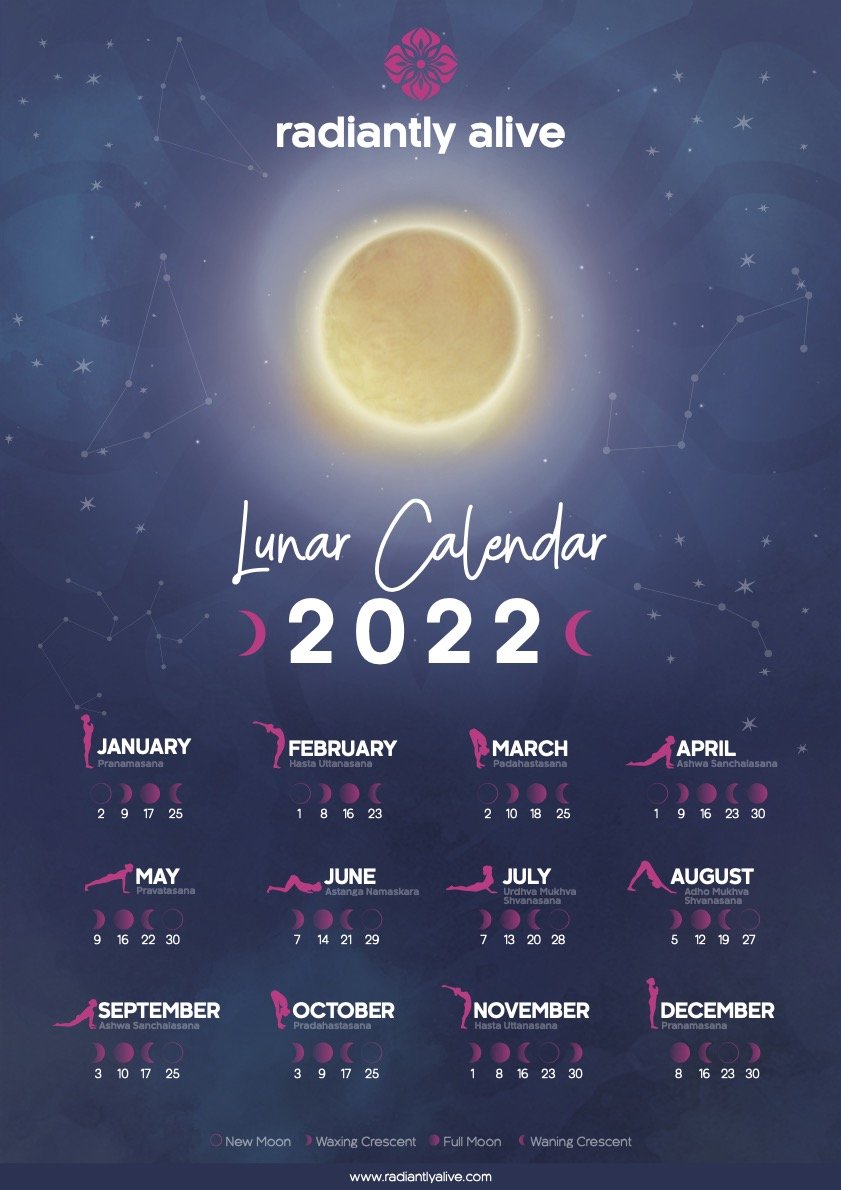
The village was "jihadi central" - a recruiting center for Al Qaeda and a well-known smuggling hub for "foreign" jihadis on the way to Iraq. The glowering men at the Lebanese border were from a farming village that had dispatched scores of young Sunni men to fight or volunteer for suicide operations against the U.S.-backed Shiite government in Baghdad. There were even more direct connections with Iraq. Lebanon had adopted the checkpoint ritual and the threatening sectarian language of Iraq. However, the question he was being asked was not a test of his Islamic devotion but of his sectarian loyalty. I knew him to be a religious man he prayed five times a day. Jihad and I had driven together many times before.

Jihad, unfailingly polite, released a breath when he answered a second time.

"Sunni or Shiite?" another gunman hissed as Jihad unloaded my luggage from the trunk.
#SUICIDE BOYS ECLIPSE FREE DOWNLOAD DRIVERS#
Undisciplined and leaderless, they would soon swarm over passengers and drivers alike. Angry and suspicious, the young men from Majd al Anjar shouted, swung their weapons, and leveled their automatic rifles menacingly from behind the dirt berm. A farm tractor had been used to push together a large dirt berm, an unofficial checkpoint for the taxis, buses, and private cars that forced passengers to gather their luggage and walk to the border office. It was a preview of the chaotic scene at the border a few miles away.Ī hundred yards from the border itself, an armed mob controlled the roadway. As we approached Majd al Anjar, a Sunni farming village that occupied a strategic position, I could see young men - shebab - standing behind burning tires and armed with heavy clubs and automatic rifles. "And as long as that is still missing, Iraqis will not come back."Ī day earlier, the Lebanese army had closed the main four-lane highway between Lebanon's capital and the border crossing, but Jihad, an experienced driver, knew an alternate mountain route, through Lebanon's scenic resort towns of Broumana and Zahle, then down the winding roads past the rich agricultural fields of the Bekaa Valley. In the U.S., there is a rule of law there are religious protections and protections for minorities. She says that majority rule, as it stands in Iraq, is not democracy. "They are a testament to how far Iraq still needs to go." "One of the reasons I wanted to call this book Eclipse of the Sunnis is because I thought that part of the story has been under-reported and misunderstood," Amos says. Many of them are Sunni Muslims, a minority sect in Iraq. Throughout the war, NPR's Deborah Amos has spent much of her time with Iraqis who fled to Syria, Jordan and Lebanon. Another 2 million left the country entirely, and many are still outside its borders. invasion, about 4 millions Iraqis had to leave their homes.

American troops are starting to come home from Iraq, but many Iraqis have yet to return to their homes.


 0 kommentar(er)
0 kommentar(er)
